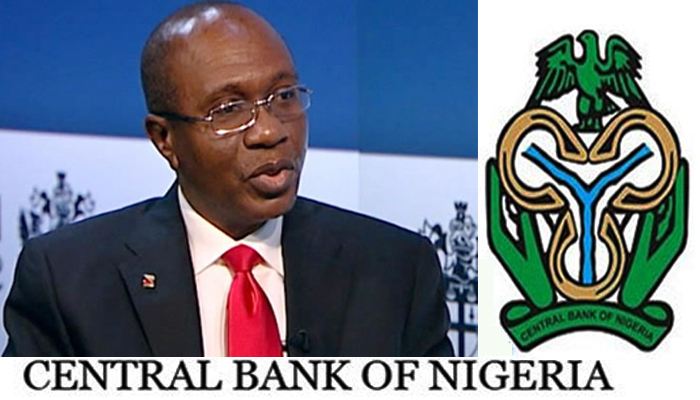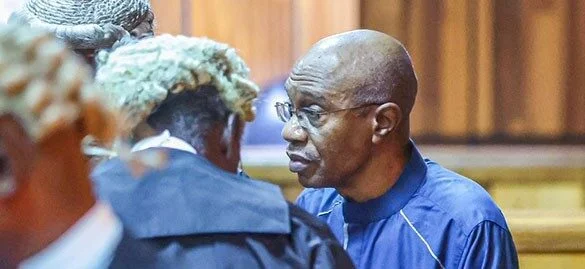Many commercial banks will restrict lending plans ahead of the 2019 general elections, the Managing Director, Afrinvest West Africa Limited, an investment and research firm, Ike Chioke, said yesterday.
Speaking during the release of the 2018 ‘Nigerian Banking sector Report’ in Lagos, he said lenders are already cutting loans to key sectors of the economy, due to the need to reduce the political risks and ensure safety of their funds.
Chioke, who released the report with the theme: ‘An Economic Agenda for A New Government’ said banks are afraid of taking risks with their funds.
He said: “ Four years after the 2015 general elections, Nigeria proceeds to the polls again in 2019 to determine its leadership for Sub-nationals and the Presidency. In predictable fashion, the political environment is heating up, new alliances are emerging and defections across the biggest parties have punctuated the polity. These events are evidence of the prevailing political risk factor in Nigeria, creating uncertainty in the environment, with potential impacts on business and investor confidence”.
He said the election fears have also led to drop in foreign direct investments entering the country.
He projected that growth would reach 2.1 per cent year-on-year in 2018, revised downwards from initial expectation of 2.6 per cent, given the slower than expected recovery in the non-oil sector.
“To achieve this, we believe that increased spending ahead of the 2019 elections will support non-oil sector activities, while increased oil output due to an additional 0.2 million barrels per day from the Egina Oil Field will drive oil sector growth,” he said.
Continuing, he said economic performance so far reveals that it continues to trail its long-term growth performance and levels seen prior to the recession.
“Indeed, more worrying is the fact that growth remains below population growth, which indicates that people have grown poorer on average, and this trend will persist into 2020. In our opinion, breaking out of this cycle requires structural reforms, without which investment and growth will remain poor,” Chioke stated.
On the state of the banks, he said the banking sector proceeded into 2017, on the back of successive years of growth in revenues and earnings. With economic conditions deteriorating, the expectation was that the industry was entering a low-growth phase when strong Return on Equity (ROE) performance of the past would drop. However, the industry remained resilient in the face of significant pressure,” he said.
He said that banks’ ROE rose as revenue and profits accelerated, while banks’ capitalization was stronger, with average capital adequacy ratio rising to 20 per cent in 2017 from 18.4 per cent in the previous year.
However, despite improving micro-economic fundamentals, banks’ asset quality deteriorated, further in 2017, with industry non-performing loans increasing to 9.3 per cent.
Chioke said the financial performance of the sector was driven by the tight monetary policy of the Central Bank of Nigeria (CBN), which with its overreaching responsibility for price stability, kept rates high and system liquidity low, by conducting consistent open market operations.
“Consequently, at the start of the years, banks were able to lock in high yield investments, which crowded out private sector borrowing, while in the latter part of the year, market volatility allowed some operators to record substantial trading gains,” he said.




